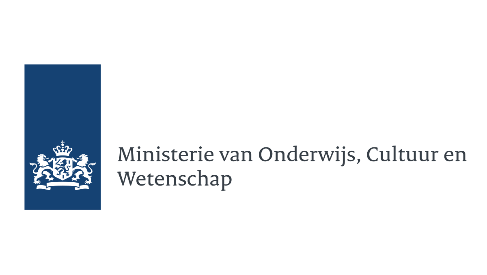About MiCRop - Microbial Imprinting for Crop Resilience
Plant roots house one of the most diverse, yet vastly neglected, microbial communities on earth. The aim of the Gravitation programme, Microbial Imprinting for Crop Resilience (MiCRop), is to harness the genomic potential of root microbes as a new platform for improved stress resilience of future crops and sustainable food production.
Hereto, we study the evolution of plant-microbiome interactions and identify opportunities for future plant breeding at an unprecedented scale. Our focus is on understanding stress-adaptive microbiomes and their active recruitment by plants across the plant kingdom through a phylogenetic approach. With precision-based methods, we analyse the root microbiome dynamics of 100 wild and cultivated plant species - related to the five most important food crop families (Brassicaceae, Solanaceae, Fabaceae, Graminaea and Cucurbitaceae) – grown under four major types of environmental stress (nutrient deficiency, drought, pathogen infection, herbivory). This highly ambitious effort will provide unrivalled insight into the evolution and potential of wild plant and crop species across the plant kingdom to select, assemble, and benefit from their microbiomes.
We zoom in on the discovery of novel microbiome functions that are recruited by plants to alleviate environmental stress, and gain insights into wild microbiome functions in the centres of origin that were ‘lost in translation’ during centuries of crop domestication. Moreover, we are aiming to identify novel plant traits that maximise the beneficial functions of the root microbiome and overcome environmental constraints or provide protection against pests and diseases. We capitalise on our discoveries through our collaboration with the international CGIAR (CG) institutes and partners from the green life sciences industry. Together, we translate our scientific milestones into deliverables for the design of future microbiome-assisted agroecosystems that are more resilient to environmental stress with less input of agrochemicals.
This work is supported by the Dutch Research Council (NWO/OCW), as part of the MiCRop Consortium programme, Harnessing the second genome of plants (grant number 024.004.14).


